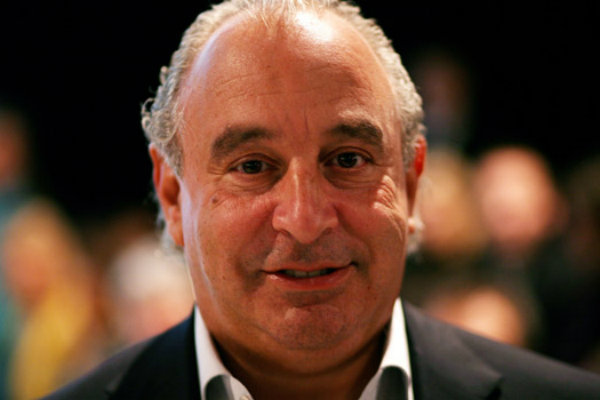As shop staff and sympathetic onlookers hope a strong buyer will emerge for BHS, Sir Philip Green could continue to make money from the company.
The £571m pension deficit resulted in an investigation into Green and his tenure running BHS, which he sold for £1 in 2015.
Green offered £80m to ease the deficit, though £35m of this was actually an offer to write off a loan he had made to the business in 2009. Though around £216m of the loan was written off when BHS was sold, what remained became a floating charge against BHS‘s assets. The loan remains, making Green a main creditor for the company and, should BHS be sold, he will be entitled to have his money repaid.
When BHS went into administration it threatened the livelihoods of 11,000 staff. The pension deficit could lead to savers losing 10% from their retirement payments, if the Government Pension Protection Fund has to bail them out.
“Morally, the pension fund should be at the front of the queue,” said Frank Field MP, head of the Commons Work and Pensions Committee.
The freehold of BHS‘s head London office also remains in Green‘s hands, and will continue to if BHS collapses completely or is sold on.


















